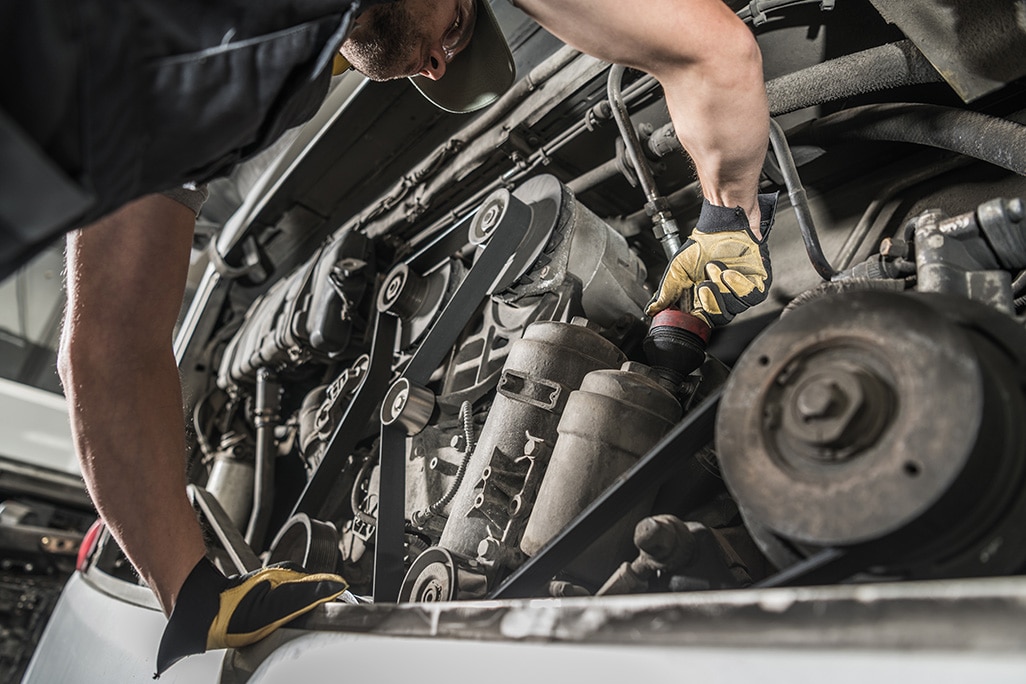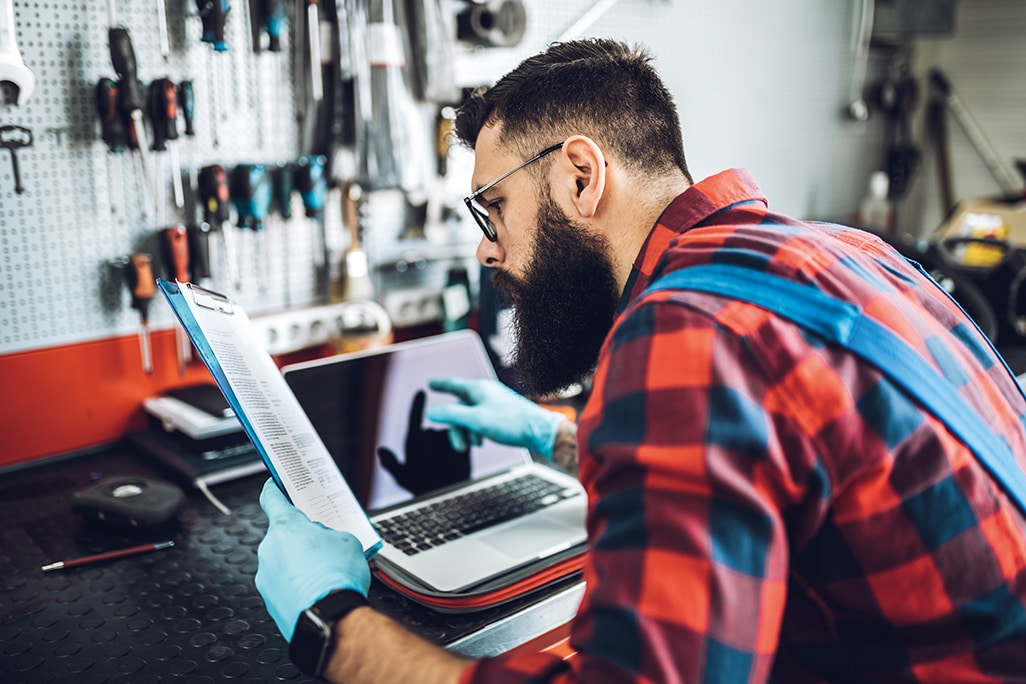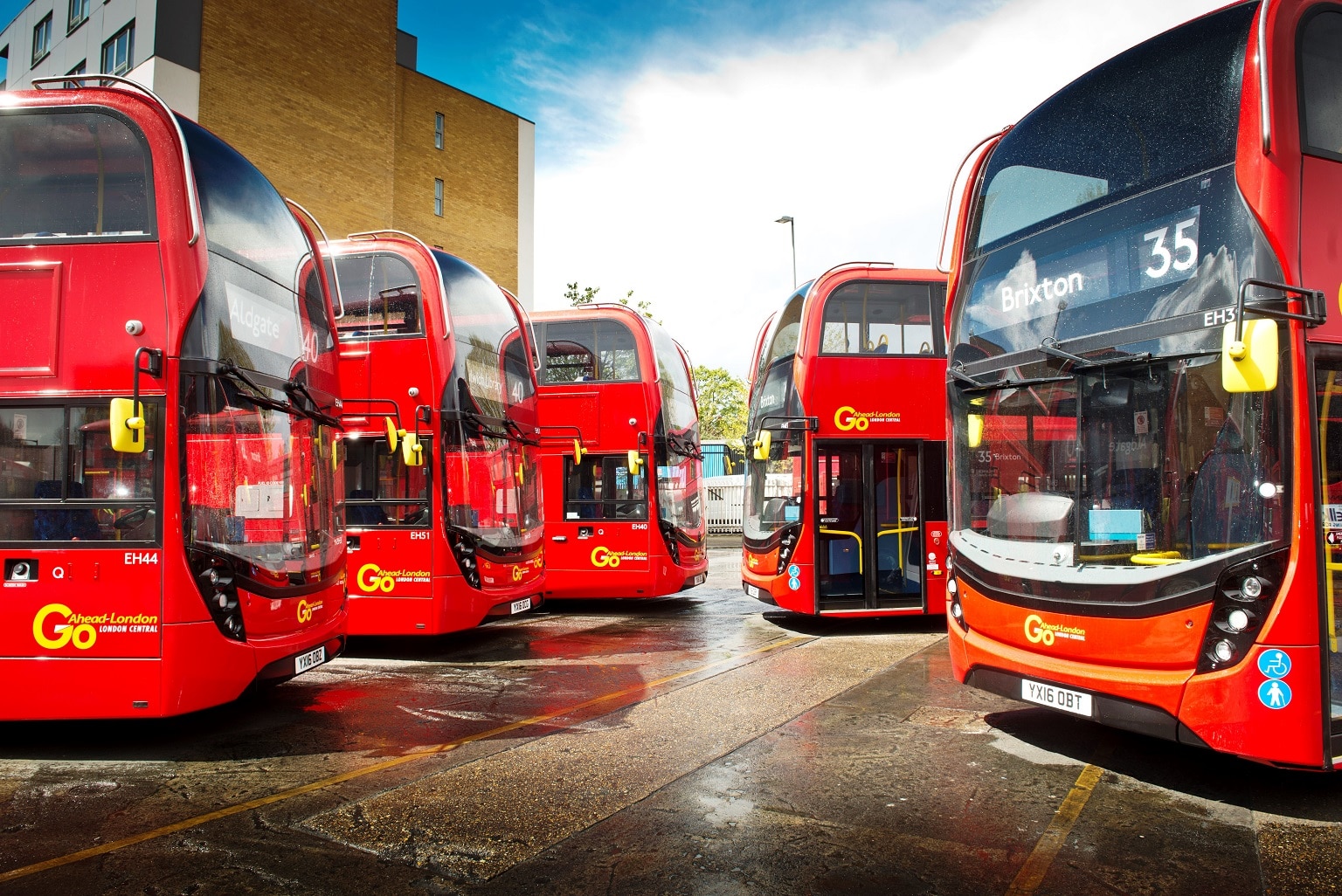routeone speaks with Imperial Engineering’s Gavin Takel about the problems that modern vehicle electronics are posing for workshops and technicians

Complex vehicle electronics continue to present problems for vehicle workshops and technicians trying to diagnose faults. How can garages become better equipped to deal with them? routeone speaks with Imperial Engineering Technical Sales Manager Gavin Takel about the pros and cons of vehicle diagnostics and electronics, and how workshops can work more effectively after the vehicle has entered the aftermarket.
This interview has been edited and condensed for clarity.
Q. Can you briefly sum up what vehicle diagnostics involves?
A. Diagnostics tools are assistance tools that plug into the vehicle to collect any information stored in the ECU and help the workshop to solve any problems it is having.
Q. What type of diagnostics tools are there?
A. There is a wide range of suppliers out there, so we can break it down into areas. There are original equipment (OE) diagnostic tools that the main dealers use. Workshops can purchase or lease these from the manufacturers at a cost. Then there are companies that supply aftermarket diagnostic tools, which do similar things as the OE diagnostics tools, but are not as in depth, and which do not allow you to calibrate and programme vehicle ECUs.
The downside on the OE side is that if you have mixed fleet, you would need multiple diagnostic tools, subscription and hardware costs, and this is where the aftermarket side can pick up business – tools are multifunctional and will work on any platform of vehicle and give operators, in most cases, basic information to solve issues at a lower cost on one platform.
Q. How much do workshops rely on diagnostics tools?
A. When it comes to modern vehicles in the hybrid era and just before, such as Euro VI onwards, the engine management, transmission and brakes are very complex to achieve these emissions ratings. When there is an issue or a fault code occurring, diagnostics is really the only way forward. Technicians need to plug in their laptop to gather the information that will point them in the right direction. But diagnostics doesn’t solve the issue. It’s a tool to aid mechanics in finding and solving issues.
Q. Has the introduction of diagnostics changed the way coaches and buses are repaired?
A. Workshops do rely on diagnostics a lot more, so when the vehicles come in for service some workshops actively plug in a computer and this is for two reasons – firstly to look at any stored faults within the vehicle itself, because even if they’re not active or currently active there’s a high occurrence of stored faults that could be a developing issue.
“Skill level is an issue and
always has been, especially
within the bus industry. Not
enough younger generations
are coming into the trade,
which is a bad thing”
Secondly, a lot of workshops are quite good and encourage mechanics to use the diagnostics on every service to educate them, get into the practise of using it and negotiate through the software and all of the components. There are some operators that actively use GPS tracking devices on their vehicles for in-service issues. The GPS devices connect up to the CAN bus and if there is an active fault that occurs or disappears, that flags straight back to the fleet engineer so he or she can monitor it and pull the vehicle in next time it is off route.
Q. How much innovation in modern vehicles is being driven by electronic systems?
A. It’s driven massively by them. If it wasn’t for Euro ratings changing, the vehicles would never have any changes at all, and the only way to make the Euro ratings is to use electronics. Electronics are faster and more efficient at controlling devices, so the only way to make these Euro ratings is to introduce more electronics. As electronics get more advanced, vehicles become more reliable. But components are becoming more and more expensive, and are integrating a lot of functions. These days if one of those components breaks, it is a non-serviceable item, and you have to replace the whole ECU and module together. That increases the maintenance cost of the vehicles.
Q. How much do workshops understand these electronic systems?
A. Skill level is an issue and always has been, especially within the bus industry. Not enough younger generations are coming into the trade, which is a bad thing. What we’re finding is that when these vehicles are first introduced to fleets, they are under vehicle contract by the OEM for a certain period of time – anything from one to five years.
Once outside these vehicle contracts, it’s then the local workshop that has to deal with these vehicles. But the knowledge has been left with the main dealer that has been looking after these vehicles for so many years – both for warranty reasons and because of the contract that is in place – and the workshops are left to stand on their own. This is where you start seeing service issues, and they have to rely on outside contractors to solve issues for them.
Q. So how do we better train technicians to deal with the challenges that these electrical systems bring?
A. It’s very difficult to get the knowledge from the vehicle manufacturers. At Imperial Engineering, we tend to work with the parts suppliers. Any bus running around in London uses external suppliers for its parts. The engine may be a Mercedes-Benz or a Cummins, the transmission could be by ZF or Allison, the brakes could be Knorr-Bremse, Wabco, or Haldex. We work with those suppliers which we already have relationships with and those suppliers will then roll out training to the workshops. That means we effectively bypass the vehicle manufacturer and focus on each component individually.
Once the vehicles come out of contract, workshops build relations up with the main parts supplier such as Cummins, and Cummins supports it directly with training or any field issues it has.
Q. Would there be a more ideal solution for vehicle workshops?
A. I really think that the vehicle manufacturers need to support training going forward. The devices on vehicles are getting more and more complex, and the workshops at the end of the day are going to struggle when vehicles come out of contract.




























